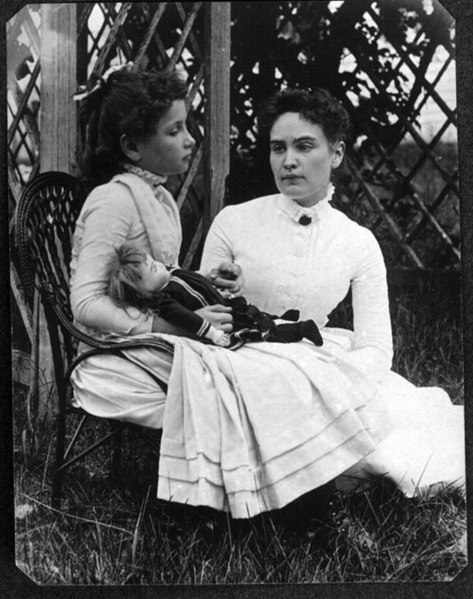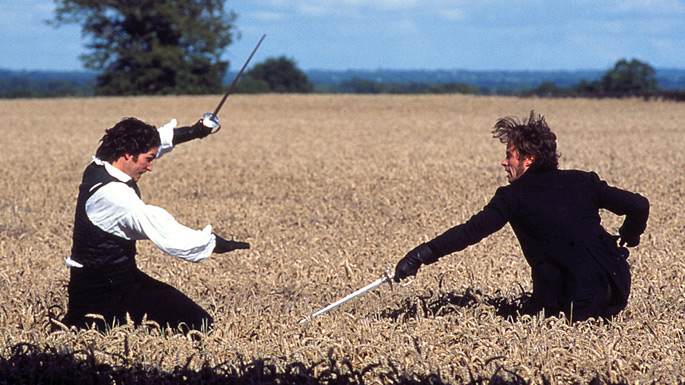Sara Book 1:

“Why do they keep bothering me? I don’t bother them!”
Well, Sara, this is the way it works. In every moment, you have the option of looking at something that you want, or at the lack of it. When you’re looking at something you want—just by observing it, you begin to vibrate as it is. You become the same as it is, Sara. Do you understand?
“You mean that just by watching who is rotten, I’m rotten too?”
Well, not exactly, but you’re beginning to understand. Imagine a light board, about the size of your bed.
“A light board?”
Yes, Sara. A board with thousands of little lights, like little Christmas tree lights, protruding up from the board. A sea of lights. Thousands of them, and you’re one of these lights. When you give your attention to something, just by giving it your attention, your light on the board lights up, and, in that moment, every other light on the board—that is in vibrational harmony with your light—lights up, too. And those lights represent your world. Those are the people and experiences that you now have vibrational access to.
Think about it, Sara. Of all the people you know, who does your brother, Jason, tease and harass most?
Sara answered instantly. “Me, Solomon. He’s always bothering me!”
And of all the people you know who do you think is most bothered by Jason’s teasing? Who do you think their light board in vibrational harmony with these rascals, Sara?
Sara laughed, now beginning to understand. “It’s me, Solomon. I am most bothered. I keep lighting my light board by watching Jason and getting mad at him.”
So you see, Sara, as you see something you do not like, and you notice it and push against it and think about it—you light your light board, and then you get more of that. Often, you’re vibrating there even when Jason is nowhere around. You’re just remembering the last thing that happened when he was around. The nice thing about all of this, Sara, is this: You can always tell, by the way you’re feeling, what you’re achieving vibrational harmony with.
“What do you mean?”
Whenever you’re happy, whenever you’re feeling appreciation, whenever you’re noticing the positive aspects of someone or something, you’re vibrating in harmony with what you do want. But whenever you feel angry or fearful, whenever you feel guilty or disappointed, you’re—in that very moment—achieving harmony with what you don’t want.
...
Remember, Sara, if you let the conditions that surround you control the way you feel, you will always be trapped. But when you’re able to control the way you feel—because you control the thoughts you offer—then you’re truly liberated.
Alice’s Adventure in Wonderland:
"But I don't want to go among mad people," Alice remarked.
"Oh, you can't help that," said the Cat: "We're all mad here. I'm mad. You're mad."
"How do you know I'm mad?" said Alice.
"You must be," said the Cat, "otherwise you wouldn't have come here."
Alice didn't think that proved it at all: however she went on. "And how do you know that you're mad?"
"To begin with," said the Cat, "a dog's not mad. You grant that?"
"I suppose so," said Alice.
"Well, then," the Cat went on, "you see a dog growls when it's angry, and wags its tail when it's pleased. Now I growl when I'm pleased, and wag my tail when I'm angry. Therefore I'm mad."
"I call it purring, not growling," said Alice.
"Call it what you like," said the Cat.
Teaser:
When I was reading
Alice’s Adventure in Wonderland, it reminded be somewhat of
Sara. This sense of familiarity dawned on me when Alice was conversing with the Cheshire Cat. There is a kind of logic in what Cheshire Cat says, yet it is difficult pin-point just what he means. Solomon’s conversation with Sara seems at first rather unbelievable, yet there is a kind of logic we can perceive from his analogy. Both Cheshire Cat and Solomon offer an analogy that triggers our mind to make sense of something we normally consider irrational or strange.
Now, the question. Do you find any similarity in these two texts? What do you think?
I’m planning on circulating this through Kakao Talk (a texting application) and Facebook to my other friends.
































